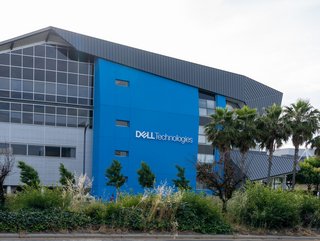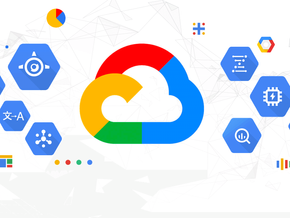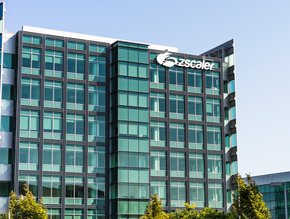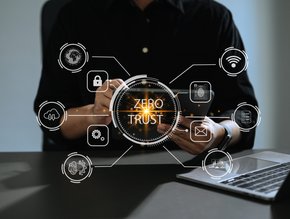A renewed focus on cybersecurity is needed, says Dell expert

The cybersecurity space is continuously evolving and as the threat landscape continues to grow, organisations are under attack. Although certain industries seem to bear the brunt of cyber attacks more regularly or perhaps even severely than others, security breaches are taking place across the globe constantly.
Over the last year, there has been a substantial rise in Generative AI (GenAI) with a number of companies implementing it into their business practices. But is it all positive impact? Security experts it seems are more realistic about the potential impact of GenAI relating to cybersecurity and are urging organisations to take the appropriate steps to protect themselves and businesses.
During an interview with theCUBE, Steve Kenniston, Senior Cybersecurity Consultant at Dell Technologies, says: “Generative AI is going to cause a massive amount of attacks. Just like Generative AI can help you scale your business from a security standpoint, to be able to put tools in place and actually monitor what’s going on and have all of that be automated… so can the threat actors. The threat actors can now scale.”
How can organisations protect themselves from cyberattacks?
There are a number of things that organisations can do to protect themselves from cyberattacks, including:
- Implementing a zero-trust framework
- Using multi-factor authentication
- Backing up data regularly
- Testing disaster recovery plans
- Educating employees about cybersecurity best practices
With attacks becoming more sophisticated, security researchers have found that in phishing attacks (which are one of the most common forms of attack) cyber criminals will write emails with deliberate spelling mistakes that are commonly used by the sender, making the email seem much more authentic and believable to the recipient.
However, although Generative AI is expected to make security tools more powerful in the future, it’s crucial that organisations and individuals take the right steps to protect themselves. Some of the most basic but fundamental building blocks towards protecting businesses is first having a solid foundation and infrastructure; things like being able to detect, respond, and recover from a threat.
“There’s a list of things you can do to help reduce your attack surface, but a lot of them start with just implementing a zero-trust environment,” Kenniston explains. “Capabilities like multifactor authentication are being laid out and used a lot these days and I think it’s very helpful. There are things like role-based access and getting consistency among who has access to what and what privileges do they have when they’re in there.”
But where to start?
One of the biggest challenges that companies face is where to begin with implementing a zero-trust framework for distributed computing networks with many users and equipment in remote locations around the world. However, Dell’s new service could help clients on this journey.
“These frameworks are very big, they can be very intimidating to some customers, depending on your size and depending on the skillset that you have inside your company,” Kenniston says.
“We’ve gone a step further at Dell and we’ve announced Project Fort Zero at Dell Technologies World. That’s a way to basically one-stop shop purchase of a zero-trust infrastructure and put behind it the capability you are going to need to be able to secure.”
As with the best-laid plans, breaches can still happen. In his interview, Kenniston advised that organisations start thinking about the critical systems that run the business and then employ a set of best practices to ensure that data can be recovered quickly in the event of a breach.
“Things like snapshotting, snapshot backups, replicated backups, backups to vaults…these all make sense depending on the data type that you have,” Kenniston notes. “The other nice thing about having solutions that allow you to do things like instantaneous recovery is testing.
“Remember in the disaster recovery world you used to say you didn’t have a disaster recovery plan if you didn’t test the plan. The same thing happens with your cybersecurity plan.”
******
For more insights into the world of Cyber - check out the latest edition of Cyber Magazine and be sure to follow us on LinkedIn & Twitter.
Other magazines that may be of interest - Technology Magazine | AI Magazine.
Please also check out our upcoming event - Net Zero LIVE on 6 and 7 March 2024.
******
BizClik is a global provider of B2B digital media platforms that cover Executive Communities for CEOs, CFOs, CMOs, Sustainability leaders, Procurement & Supply Chain leaders, Technology & AI leaders, Cyber leaders, FinTech & InsurTech leaders as well as covering industries such as Manufacturing, Mining, Energy, EV, Construction, Healthcare and Food.
BizClik – based in London, Dubai, and New York – offers services such as content creation, advertising & sponsorship solutions, webinars & events.






